What is constipation and fecal soiling, and how common is it?
Pediatric constipation is typically defined as either painful passage of bowel movements or a decreased frequency of bowel movements. It can also be associated with fecal incontinence/fecal soiling (another common term for this is encopresis) and abdominal pain. Other accompanying symptoms include irritability and decreased appetite.
Children may be either afraid to have a bowel movement due to fear of pain with defecation, do not feel comfortable going outside their home (i.e. school) or do not want to stop what they are doing when they need to have a bowel movement (i.e. when playing).
Children who withhold their stool – especially those who are afraid of painful bowel movements – may cross their legs, hold onto something (i.e. a table), or even look like they are trying to go, when in reality they are trying to withhold their stool.
We generally see a combination of all of these behaviors. Stools may also be very large in diameter, and at times obstruct the toilet.
Children can begin to pass stool in their clothing, especially when constipation has been going on for a while. This fecal soiling is usually involuntary, and the child is typically unaware that they are going to have an accident. Children are often embarrassed by these accidents, and may even try and hide their soiled underwear. It is especially challenging in school age children if the accidents are occurring frequently at school. Children with this issue have no control over these bowel movements and should not be punished for the soiling episodes.
Constipation in children is one of the most common issues seen at pediatric gastrointestinal (GI) offices. In many situations, the pediatrician is able to provide guidance for this common problem, although assistance from a pediatric gastroenterologist may also be of help.
Constipation is most prevalent in the potty training and school age years, although it can impact children of all ages. It is so common that it is estimated that 3% of all pediatrician visits and at least 25% of visits to pediatric GI providers are in some way related to constipation.
With the pediatrician’s and the gastroenterologist’s help, the good news is this issue can be fixed!
A really helpful educational video on this common GI problem for you and your child to watch, is called “The poo in you.”
How can constipation and fecal soiling or encopresis be treated?
Depending on the situation, treatment generally consists of a few different techniques. It is important to recognize that this issue usually takes at minimum several months to a year to improve, if not longer in some children. Patience and consistency are key!
- It may be helpful to do an initial bowel clean out to help remove impacted stool (large, rock-like stool) from the colon. The clean out may consist of a few different oral medications such as MiraLAX (polyethylene glycol), magnesium citrate or ExLax to name a few.
Many parents ask about the use of an enema or suppository as well for this process. While they can be helpful in certain situations, unfortunately they only work on the lower part of the colon, near the rectum. I personally find enemas or suppositories to be traumatic for both parents and children, although they can certainly be helpful and/or needed in particular situations. It is best to discuss with your child’s pediatrician or pediatric gastroenterologist about the best way to achieve this for your child.
- After the colon cleanout (if indicated), your child will be started on what is called “maintenance therapy.” The goal of “maintenance therapy” is to prevent stool buildup, which will in turn allow the colon to return to its normal shape and function, with the ultimate goal to decrease, and eventually eliminate fecal soiling episodes.
Some of the medications that may have been used for an initial bowel cleanout will be used in maintenance therapy, just in lower daily doses. The goal is to obtain daily, 1-2 soft-formed bowel movements. Depending on what medications have been tried in the past, or what has seemed to work or not work previously, your child’s pediatrician and/or pediatric gastroenterologist will determine the most appropriate laxative and dosing for your child to be taking on a daily basis.
- In addition to daily maintenance laxative medication, behavioral interventions are also very helpful for this issue. If your child is toilet trained, they should be encouraged to have daily toilet time, preferentially after a meal, as this is the most likely time they will produce a bowel movement. Five minutes is generally long enough to have them sit and try.
I personally try to encourage parents to practice positive reinforcement with this, such as offering praise even for them just sitting, no matter if they produce a bowel movement or not.
- While the “maintenance” laxative medication and behavioral interventions (i.e. toilet sitting) are generally most helpful for this issue, dietary changes can also be supportive. In general, try to increase fiber intake by encouraging consumption of whole grains, fruits and veggies. I recognize this is easier said than done sometimes, especially for a picky eater! Just try your best to encourage these foods, and aim for at least two fiber servings per day.
Increased fluid intake in the diet is also helpful for this issue. Aim for mostly water, encouraging some water-rich foods and possibly a small amount of watered-down juice.
- Counseling and positive reinforcement may also help if the issue impacts the entire family. It is important to try to avoid punishment or anger around the soiling accidents, and instead create a consistent system of rewards for appropriate behavior (i.e. taking medication and toilet sitting). A calendar where the child is able to mark their progress for these actions can be helpful.
Could there be any other cause for my child’s constipation and fecal soiling?
Generally, constipation is what we call functional constipation, meaning that there is no underlying medical cause and the problem occurs from repetitive stool withholding. However, there are a few less common conditions/diseases that can have symptoms similar to constipation and/or fecal soiling.
If your child is not responding to recommended treatments, additional testing may be indicated. Discuss any of these concerns you may have with your pediatrician and/or pediatric GI provider.
With a consistent team approach, the good news is constipation and fecal soiling are curable! With the few weeks of summer left before the routine of a school day starts again, I encourage you to use this time to establish a treatment plan and consistency going forward.
 https://riseandshine.childrensnational.org/wp-content/uploads/2024/03/blood-draw-feature.png
300
400
Rise and Shine
https://riseandshine.childrensnational.org/wp-content/uploads/2017/11/childrens_riseandshine_logo.jpg
Rise and Shine2024-03-15 11:40:342024-03-15 11:44:50How to prepare children for blood draws
https://riseandshine.childrensnational.org/wp-content/uploads/2024/03/blood-draw-feature.png
300
400
Rise and Shine
https://riseandshine.childrensnational.org/wp-content/uploads/2017/11/childrens_riseandshine_logo.jpg
Rise and Shine2024-03-15 11:40:342024-03-15 11:44:50How to prepare children for blood draws






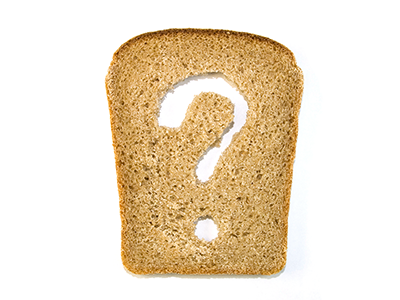
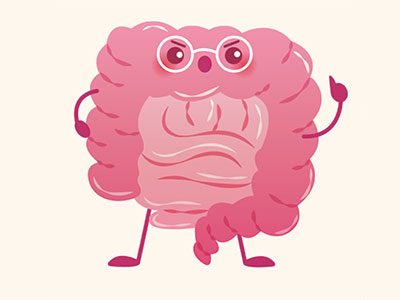



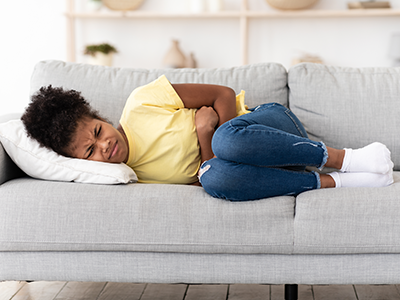




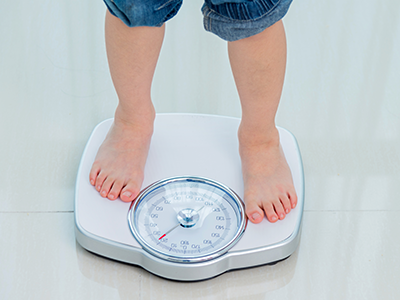

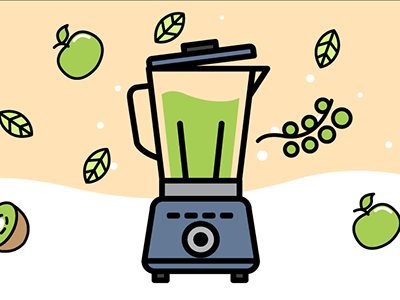

Leave a Comment
Want to join the discussion?Feel free to contribute!